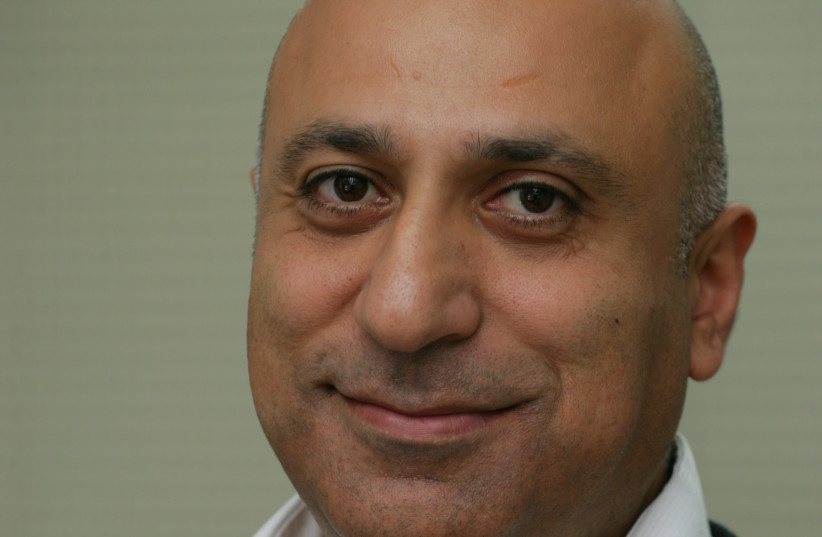Metal-air batteries are particularly suitable for applications in which a compact size is important or in large-scale stationary storage systems that use low-cost, common and nontoxic materials. Titanium-air batteries theoretically have two to three times the energy density of zinc-air batteries, which are used today as standard button cells in hearing aids, control modules and sensors.
Titanium is the ninth-most frequently occurring material in the earth’s crust, so the available resources are correspondingly abundant. Although titanium is known as an expensive material, it is much cheaper than lithium in terms of material costs and more expensive than aluminum.
The development of the new battery
Zinc, aluminum and iron for metal-air batteries, and silicon for silicon-air batteries, are the main focus of research in anode materials today. But titanium, until now, hardly has been considered as an active material, and the results of experiments have not yet been available.
The development of the new battery concept was carried out in close cooperation between Dr. Yasin Emre Durmus, from the Jülich Institute for Energy and Climate Research (IEK-9), which is headed by Prof. Rüdiger-A. Eichel, and Prof. Yair Ein-Eli, from the Technion-Israel Institute of Technology in Haifa, who spent a seven-month sabbatical at IEK-9 as part of the Umbrella Cooperation of Forschungszentrum Jülich in Germany, the Technion and RWTH Aachen University (the largest technical university in Germany).
Now, the German and Israeli scientists have developed and successfully lab-tested a novel titanium-air battery. This is the first time that experimental results of such a battery have been published in which titanium is used as an active material. The metal is of interest as an electricity-storage material because each atom can donate up to four electrons for charge transfer, while at the same time being relatively light and extremely resistant.

Titanium is known as a passive, stable material. The researchers succeeded in using its electrochemical potential for the storage of electrical energy by applying an ionic liquid called EMIm(HF)2.3F. Ionic liquids consist of salts with an atypical, very low melting point that are used in a variety of applications due to their special electrical and material properties.
The theoretically achievable voltage of the titanium-air battery is in a similar range to that of zinc-air batteries. In experiments, an average cell voltage of up to 1.2 volts and relatively high discharge currents of up to 0.75 mA cm-2 could be measured.
In metal-air batteries, the contained metal reacts with the oxygen in the air to release electrical energy. This type of battery thus occupies a special position among batteries because one of the two reaction partners, oxygen, is obtained from the ambient air via a special electrode and does not have to be kept in the battery. As a result, much higher energy densities can be achieved with these systems than with common battery types, at least in theory.
The team published their findings in the Chemical Engineering Journal under the title “Exempli gratia non-aqueous Ti–air battery.”
The Umbrella cooperation is an important trilateral cooperation among the three institutions that was signed in April 1983 under the patronage of former president of Northern Westphalia Johannes Rau. The current main components of the cooperation are the Umbrella Symposia, which have been held almost annually since 1984, an award and a joint school for graduate students from Israel and Germany.
Within the framework of this cooperation, a special focus is placed on the integration of young scientists. Since 1984, symposia have been held almost annually, alternating between the three locations. For some years now, their primary aim has been to generate initial ideas for joint research projects.
The topic of the next Umbrella Symposium 2023 (from the end of May to June 1), organized at the Technion, is “Life Science and Engineering: Data Analytics, Neurosciences and Multiscale Biomedical Engineering.”
